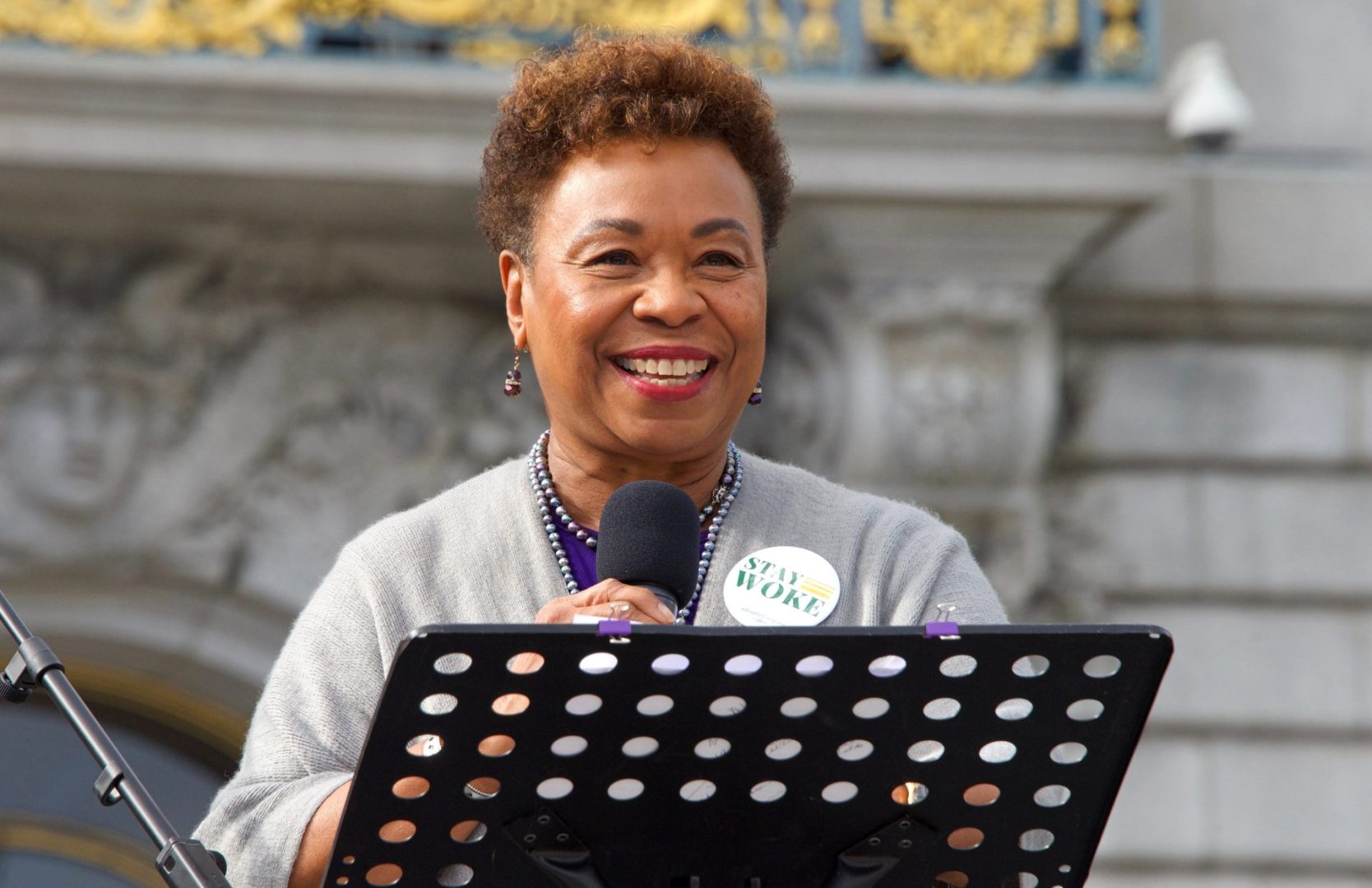Barbara Lee has secured a decisive win in Oakland’s special mayoral election, marking a significant political transition for the California city. The veteran Democratic U.S. Representative defeated city council member Loren Taylor with 52.7 percent of the vote compared to Taylor’s 47.3 percent, according to unofficial results from Alameda County, establishing her term until 2026.
Electoral performance and voter engagement
The special election, necessitated by former Mayor Sheng Thao’s resignation, drew substantial voter participation despite being an off-cycle contest. Lee, 78, acknowledged this civic engagement on social media following the polls’ closure, noting that turnout exceeded expectations because the people of Oakland care deeply about their future. This higher-than-anticipated participation underscores the election’s perceived importance among Oakland residents at a critical juncture for the city.
Lee’s margin of victory demonstrates a clear mandate from voters who connected with her campaign message focused on unity and leveraging her extensive political experience to address Oakland’s challenges.
Campaign strength and endorsement advantage
Lee’s campaign benefited from an exceptional coalition of supporters that political consultant Jim Ross described as among the most impressive endorsement lineups he had witnessed in a California mayoral race. Her backing included the Oakland Chamber of Commerce, major labor unions, and several former Oakland mayors.
This broad-based support helped Lee counter Taylor’s self-positioning as a “pragmatic progressive” who had received the San Francisco Chronicle’s endorsement. While Taylor’s campaign centered on the message that Oakland is broken, Lee successfully pitched her decades of legislative experience and commitment to civil rights as the remedy for the city’s divisions.
Navigating Oakland’s complex challenges
As Lee transitions from Congress to City Hall, she inherits a municipality facing substantial hurdles. Political analyst Dan Schnur contextualized the situation, noting that under any normal circumstances, the people of Oakland would view Lee extremely favorably, but these aren’t normal times.
Economic revitalization priorities
Oakland‘s economic landscape presents immediate concerns requiring the new mayor’s attention. The city has struggled with economic disparities while simultaneously experiencing housing affordability challenges that have contributed to community tensions. Lee’s congressional background in economic policy will be tested as she develops strategies to address these issues while protecting vulnerable residents.
Public safety reform
Public safety represents another critical priority for Lee’s administration. Oakland has experienced public safety concerns that have affected residents and businesses alike. The new mayor will need to balance progressive principles with practical approaches to improving security throughout Oakland’s neighborhoods.
Leadership transition and future vision
Interim Mayor Kevin Jenkins has already extended congratulations to Lee, specifically highlighting her decades of public service and unwavering dedication to justice and equity principles. Jenkins expressed optimism about Oakland’s trajectory under Lee’s leadership, emphasizing her extensive experience navigating complex governance situations.
Lee’s election represents a pivotal moment for Oakland as she steps into a role demanding both political skill and community-building capabilities. Her congressional record advocating for marginalized communities positions her to implement inclusive policies addressing the diverse needs of Oakland’s population.
A progressive path forward
As Lee begins this new chapter in her political career, she carries the hopes of a city seeking renewed direction and cohesion. Her victory symbolizes broader progressive momentum in urban American leadership, with potential implications extending beyond Oakland’s borders.
Lee‘s administration will face immediate scrutiny as she navigates the interrelated challenges of public safety, economic development, and social equity. Her success will largely depend on her ability to translate congressional experience into effective municipal governance while building consensus among Oakland’s diverse constituencies.
The nation’s attention now turns to Oakland to witness how Lee’s progressive vision manifests in concrete policies and whether her leadership can fulfill the promise of creating a more unified, equitable city for all residents. With her commitment to social justice and equity, Lee is positioned to make a lasting impact on the city she now serves as mayor.















